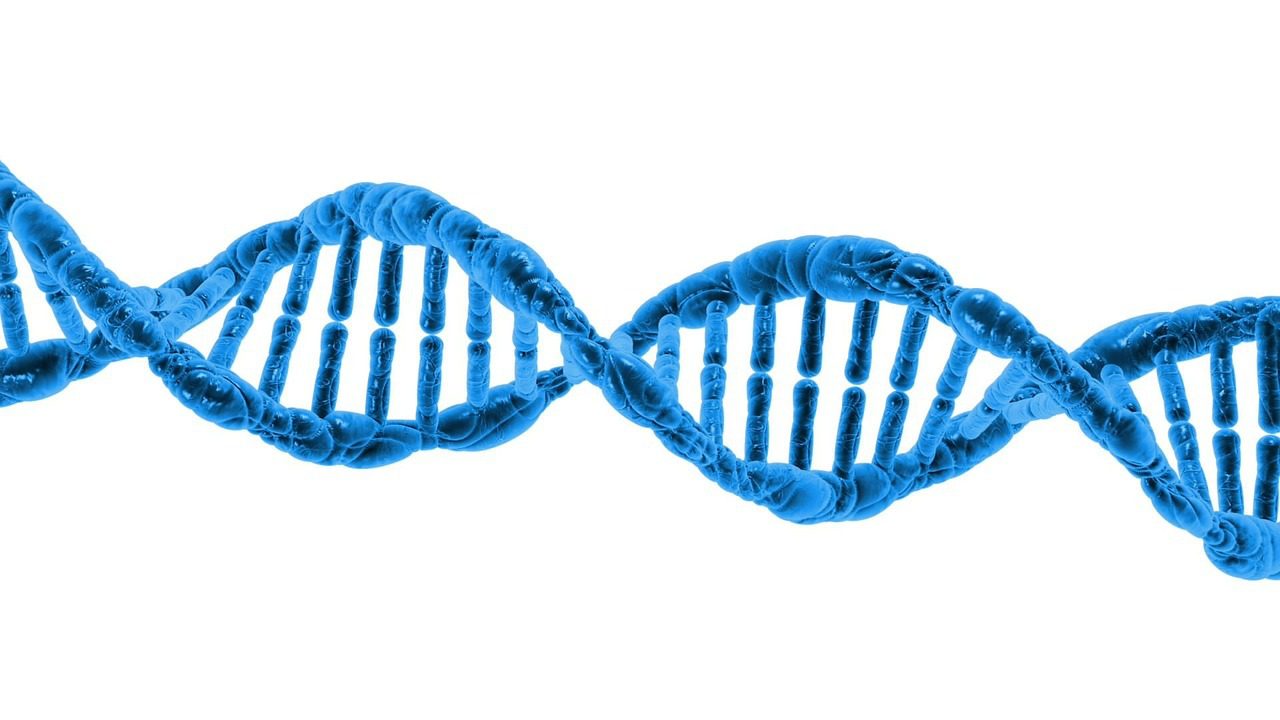Individuals who want to make informed choices about their family planning decisions have many different forms of genetic screenings before and after conception. One option is known as next-generation sequencing or NGS testing for genetic carrier screening.
Next-generation sequencing helps determine whether you’re a genetic carrier, or at risk of passing on a gene that could put your child at risk of developing an inherited genetic condition. In this article, we’ll share three things you need to know about NGS testing for genetic carrier screening.
Table of Contents
1. Next-Generation Sequencing Technology is Used to Detect Genetic Abnormalities Associated With Recessive Inherited Genetic Disorders
NGS carrier screening allows individuals to know if they’re a genetic carrier. A genetic carrier is an individual who has inherited a genetic mutation associated with a recessive inheritable disorder. Genetic carriers do not develop signs or symptoms of the disorder, because, to do so, an individual requires two copies of the mutated gene (one from each parent). Although a genetic carrier does not develop the condition, he/she can pass on the mutated gene to their children.
Since recessive disorders are generally not seen in every generation of a family, NGS is a good option for both individuals who have a family history and for individuals with no family history of an inherited genetic disorder.
2. Next-Generation Sequencing is a Noninvasive Test
Next-generation sequencing is performed on a blood sample collected during a routine blood draw collection process. The test does not require an outpatient procedure, an invasive technique. Nor does it require you to schedule an extended amount of time to complete.
3. Next-Generation Sequencing Can Be Performed Any Time Before and After Conception
NGS testing is a noninvasive test that is performed on a blood draw from the mother. It does not pose any threat to the developing child if parents choose to perform the test during pregnancy. However, choosing to do NGS testing before conception can help you make the best decision for you and your family.
The results of NGS testing tell you the possibility that your child may develop an inherited condition. If you or your partner test negative as a genetic carrier, there is a zero percent chance that your child will develop the condition. If both you and your partner test positive for the same genetic mutation, your child has a 25 percent chance of developing the condition. If this is the case, it allows you to explore alternatives to conception, such as in-vitro fertilization (IVF).
Interested in Learning More About NGS Testing for Genetic Carrier Screening?
Are you and your partner currently planning a pregnancy and interested in learning more about NGS testing? If you’d like to learn more about your genes to make informed decisions regarding future pregnancies, consider talking to a genetic counselor. Genetic counselors are trained medical professionals who educate and support individuals and couples, both planning a pregnancy and who are currently pregnant.
Sources:
National Society of Genetic Counselors: Frequently Asked Questions
The American College of Obstetricians and Gynecologists: Carrier Screening
Mayo Clinic: Autosomal recessive inheritance pattern




